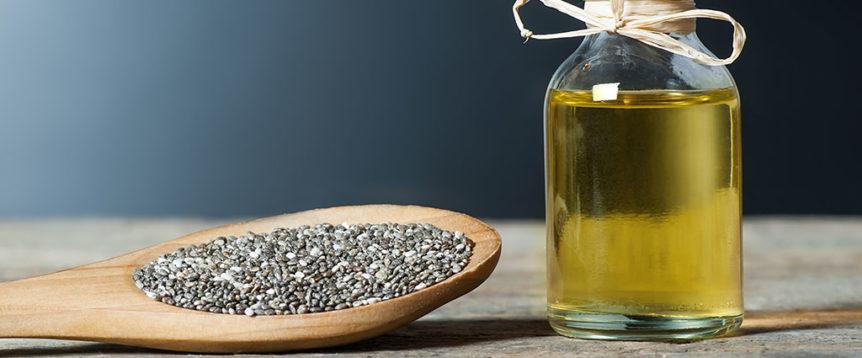Manganese is a cofactor for many enzymes, including manganese superoxide dismutase, arginase and pyruvate carboxylase. Through the actions of these enzymes, manganese is involved in amino acid, cholesterol, glucose and carbohydrate metabolism; reactive oxygen species scavenging; bone formation; reproduction; and immune response. It also plays a role in blood clotting and hemostasis in conjunction with vitamin K.
Manganese is absorbed in the small intestine through an active transport system, and possibly through diffusion when intakes are high, and it is taken up by the liver and other tissues.
The human body contains about 10 to 20 milligrams of manganese, 25 to 40 percent of which is in bone. The liver, pancreas, kidney and brain also contain manganese. More than 90 percent of absorbed manganese is excreted via bile into feces; very little is excreted in urine.
› Health benefits
Bone health
Manganese is a cofactor for several enzymes involved in bone formation. There is little evidence to show that manganese has an effect on bone formation and osteoporosis. No clinical trials have evaluated the effects of supplemental manganese alone on bone health. More research is needed on this subject.
Diabetes
Manganese is involved in glucose, carbohydrate and lipid metabolism. A manganese deficiency may affect carbohydrate metabolism and cause abnormalities in glucose tolerance. Because of this, scientists have examined whether manganese affects the risk of diabetes. Several studies have found associations between increased and decreased levels of manganese with type 2 diabetes. Research in animals has shown that supplements may improve glucose tolerance, reduce oxidative stress and improve endothelial dysfunction in diabetes, but human trials are lacking. More research is needed on this.
Hypothyroidism
Manganese is important for normal thyroid function, as it assists the body in producing the vital thyroid hormone thyroxine (T4). Several studies have correlated low manganese levels to hypothyroidism (underactive thyroid).
› How much do I need?
Intake recommendations depend upon age and gender. For women, it increases during pregnancy and when lactating. Adults age 19-plus: 2.3 milligrams daily for men and 1.8 milligrams for women. Pregnant women and teens: 2.0 milligrams; breastfeeding women and teens: 2.6 milligrams.
A manganese deficiency is very rare but can occur. Symptoms of a deficiency have not been firmly established. There is very limited evidence that suggests that a manganese deficiency may cause bone demineralization and poor growth in children; skin rashes, hair depigmentation, decreased serum cholesterol and increased alkaline phosphatase activity in men; and altered mood and increased premenstrual pain in women. A deficiency may also alter lipid and carbohydrate metabolism and cause abnormal glucose tolerance.
Manganese toxicity has occurred in people working in occupations such as welding and mining who were exposed to high amounts of manganese from chronic inhalation of manganese dust. People who consume water with high levels of manganese may also develop toxicity. Toxic levels of manganese may affect the central nervous system and can cause tremors, muscle spasms, tinnitus, hearing loss and a feeling of unsteadiness while standing.
› In food
Manganese is present in many foods, including whole grains, clams, oysters, mussels, nuts, soybeans and other legumes, rice, leafy vegetables, coffee, tea, and many spices, such as black pepper. The top sources of manganese in the American diet are tea, grains and vegetables.
› In supplements
Manganese is present in many supplements, in many forms. Not all multivitamin/mineral supplements contain manganese, but those that do usually provide 1 to 4.5 milligrams of manganese.
Source: National Institutes of Health, Office of Dietary Supplements
Please consult your health care provider before making changes to your vitamin/supplement regimen.


